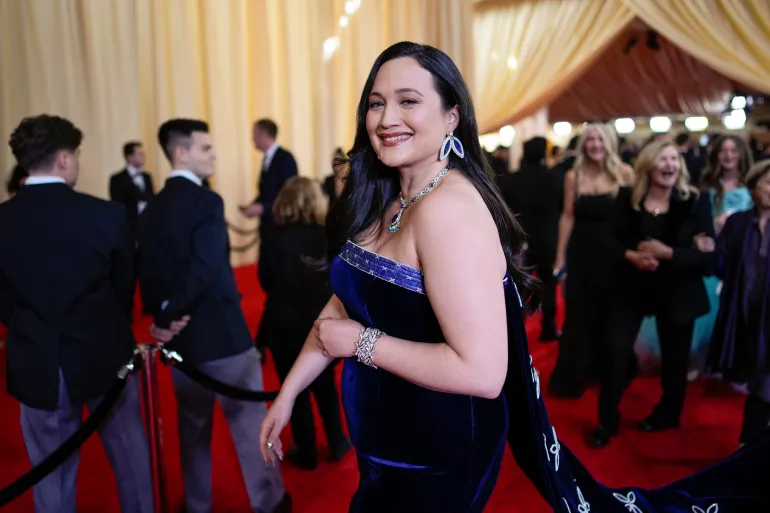Trump’s Birthright Citizenship Ban Blocked by Federal Judge
Former U.S. President Donald Trump’s controversial executive order to end birthright citizenship has been temporarily blocked by a federal judge in Seattle. The order sought to deny automatic citizenship to children born in the U.S. to undocumented immigrants or those on temporary visas.
U.S. District Court Judge John Coughenour described the order as “blatantly unconstitutional” and issued a 14-day restraining order following a brief hearing. The judge criticized the Trump administration’s legal justification for the executive order, questioning its constitutionality and the lack of legal rigor in its drafting.
Under the 14th Amendment, anyone born on U.S. soil is granted citizenship, a principle that has been in place since 1868. The Trump administration argued that the clause “subject to the jurisdiction thereof” excludes children of undocumented immigrants, but this interpretation faces strong opposition from legal experts and state governments.
The executive order, if implemented, would apply to children born on or after February 19, 2025, and would deny them citizenship documents such as passports. Four states—Washington, Arizona, Illinois, and Oregon—filed a lawsuit challenging the order, citing potential harm to residents and claiming the president lacks the authority to amend the Constitution unilaterally.
Judge Coughenour’s decision halts enforcement of the order while the case proceeds. The states argue that the order would render many individuals stateless and subject to deportation, causing significant harm.
The Department of Justice plans to appeal the ruling, with expectations that the case will ultimately reach the U.S. Supreme Court. Legal experts emphasize that changing the 14th Amendment requires a formal constitutional amendment, which involves significant legislative hurdles.
The 14th Amendment was established after the Civil War to ensure citizenship rights for freed slaves. Landmark cases, such as Wong Kim Ark v. United States in 1898, affirmed that birthright citizenship applies regardless of parents’ immigration status. This long-standing interpretation has remained unchallenged by the Supreme Court for over a century.
While the Trump administration claims the order addresses issues of illegal immigration and “anchor babies,” critics argue that it undermines fundamental constitutional principles. The American Civil Liberties Union (ACLU) and 18 Democratic-led states have also filed separate lawsuits against the executive order.
The ongoing legal battle highlights the complexities surrounding immigration policy and constitutional rights, with many awaiting the Supreme Court’s eventual decision.







